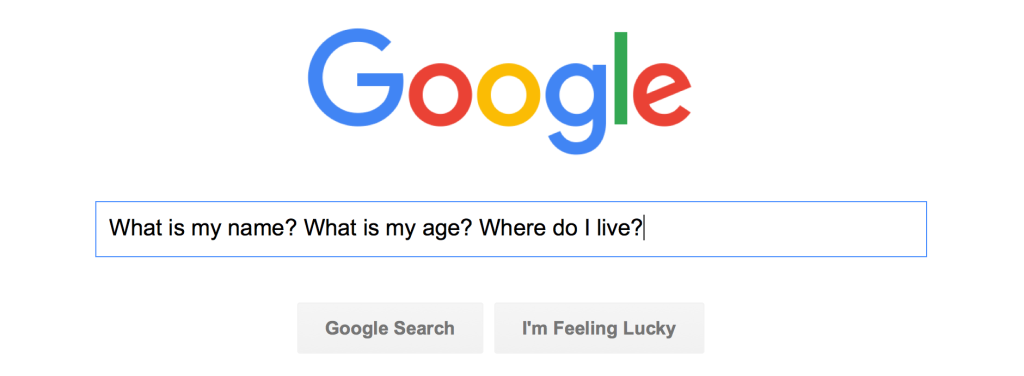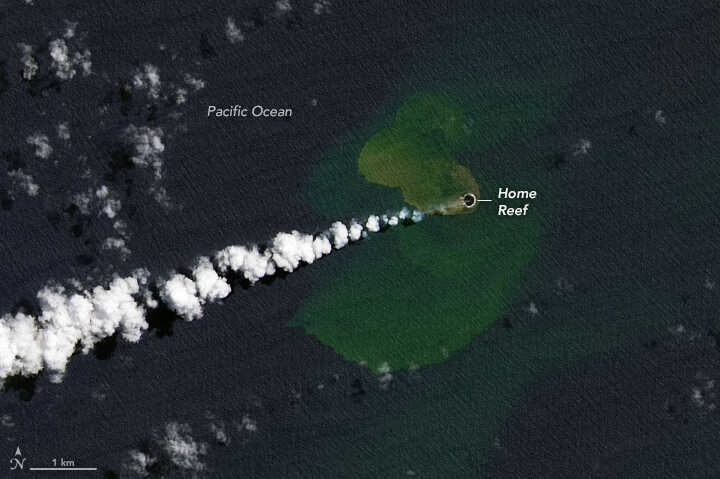Have you ever Googled something, only to forget it minutes later? You’re not alone—and it’s not just forgetfulness. Psychologists and neuroscientists now say that the internet is actually changing how our brains store, recall, and value information.
Welcome to the age of digital amnesia.
Your brain is outsourcing memory—and you don’t even know it.
🧠 The Google Effect: Real and Measurable
In a groundbreaking study by Harvard and Columbia University, researchers discovered something remarkable: when people know they can easily find information online, they’re less likely to remember the actual facts, but more likely to remember where to find them.
This phenomenon, now called the “Google Effect,” shows that our brains are adapting to the internet like a new external hard drive. Instead of recalling details, we remember how to retrieve them.
Efficient? Yes.
Dangerous? Maybe.
🕸️ Memory Offloading in the Age of Information
The internet has become our default memory bank:
- Birthdays? Facebook reminds us.
- Directions? Google Maps knows.
- Answers? Just ask ChatGPT or Google.
Over time, this leads to what experts call “memory offloading”—the gradual replacement of internal memory with external devices. It’s a mental shortcut, and while convenient, it may come at a cost.
Our brains strengthen neural pathways through repetition and retrieval. When we stop recalling things naturally, those neural pathways weaken.
🧩 Is the Brain Becoming Lazy?
Not exactly.
The brain isn’t getting lazier—it’s adapting. Humans have always relied on tools: from cave paintings to written notes. The internet is just the next evolutionary step.
But here’s the twist: the speed, accessibility, and overload of information is unprecedented. We’re not just storing data externally—we’re drowning in it. That can lead to:
- Shortened attention spans
- Weaker long-term memory
- Increased stress and decision fatigue
Basically, your brain is multitasking in overdrive—while slowly letting go of what it used to hold.
📱 Social Media and Memory Distortion
The issue gets worse with platforms like Instagram, TikTok, and Snapchat. These apps serve bite-sized, dopamine-driven content that gets attention but rarely lodges in memory.
Even worse? False memories.
Studies show that when people see fake or photoshopped images on social media, they often “remember” events that never happened.
Your brain isn’t just forgetting—it’s rewriting reality.
🧘 How to Reclaim Your Memory
If you’re feeling foggy or forgetful, don’t panic. You can retrain your brain to retain better:
- Practice active recall: Test yourself instead of rereading or re-Googling.
- Write by hand: It stimulates brain regions linked to memory and learning.
- Digital detox: Take a few hours off daily from screens to reset your neural circuits.
- Sleep well: Deep sleep is when memories consolidate.
And yes, meditation helps. A calmer mind remembers more.
🤯 The Future: Brain-Chip Era?
With companies like Neuralink and Meta researching brain-computer interfaces, we may soon have the ability to upload and download thoughts like files.
Sounds cool, but also terrifying. If the internet is already reshaping memory passively, imagine what happens when it’s connected directly to your neurons.
Will we own our memories—or just lease them from the cloud?
🧠 Final Thoughts
We’ve gained instant answers, infinite knowledge, and endless entertainment. But we may have lost a part of ourselves in the process.In the race to remember everything,
are we slowly forgetting how to remember at all?



